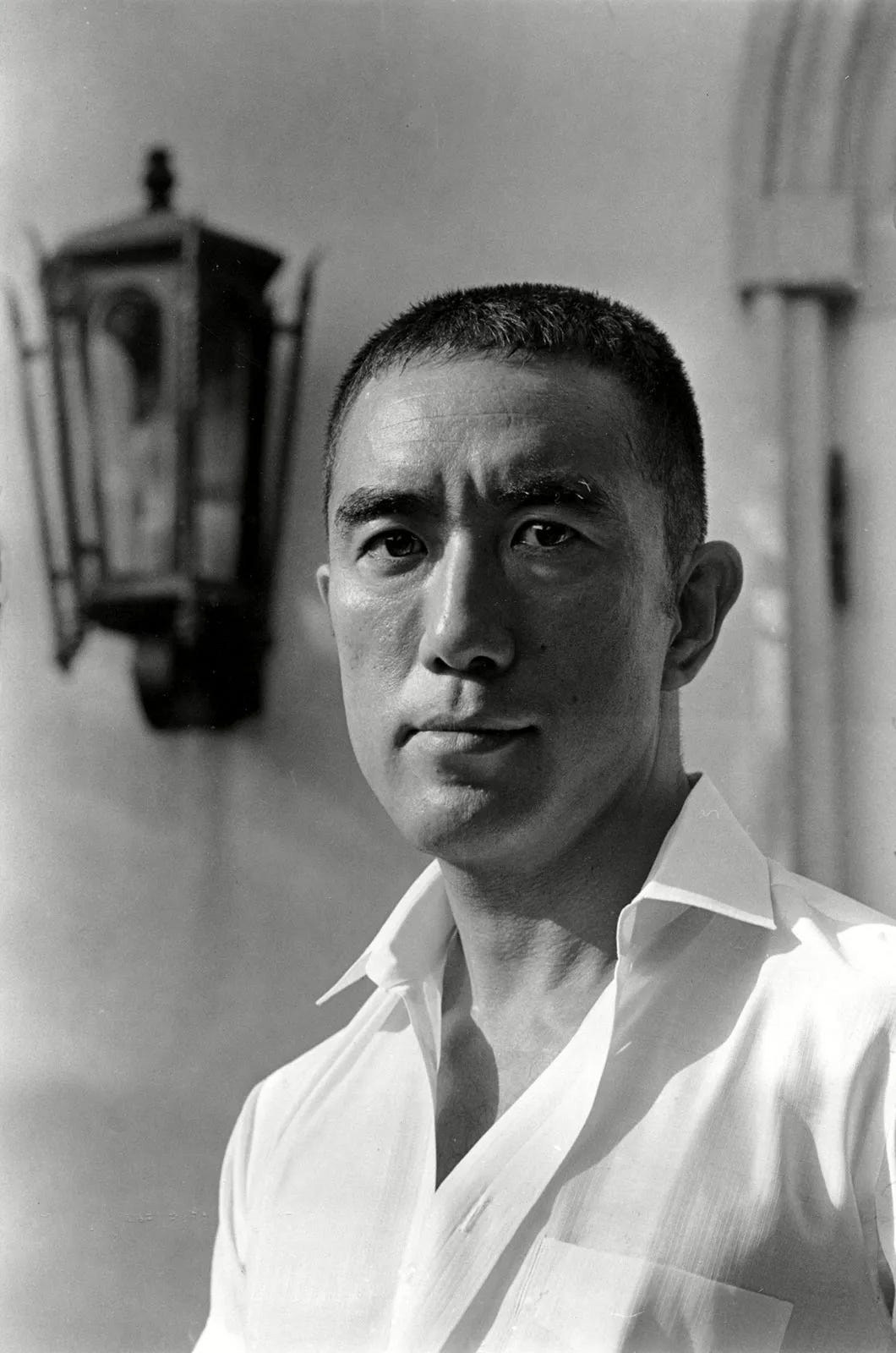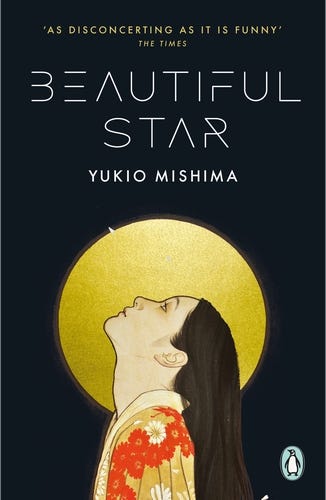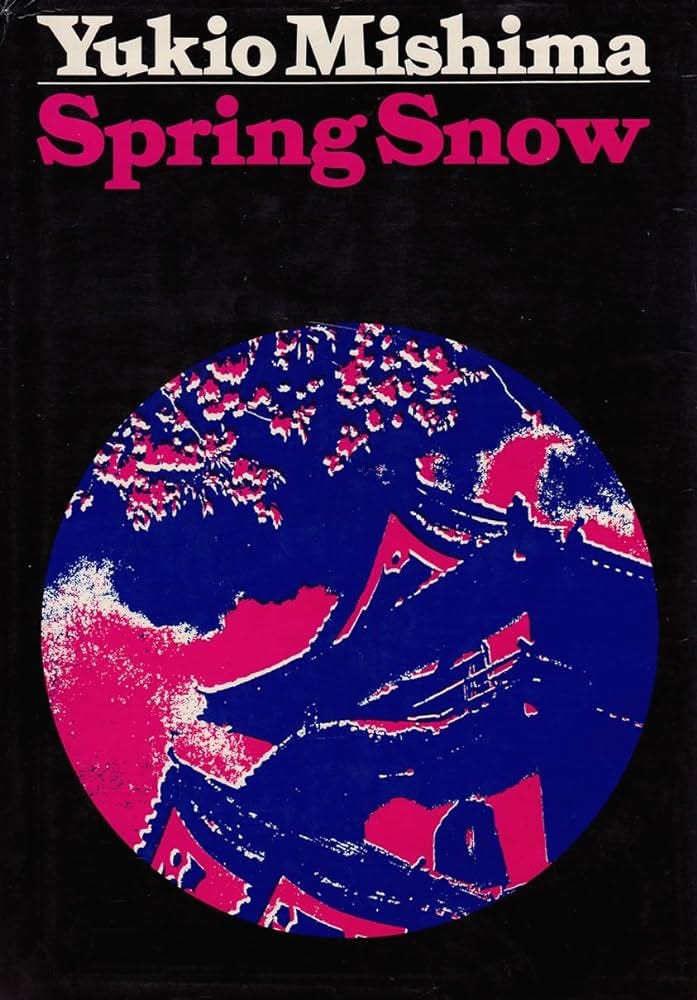Loneliness is a universal human experience that transcends cultural boundaries, affecting individuals in profound ways. It is a complex emotional state that can manifest in various forms, often stemming from a lack of meaningful connection with others. Yukio Mishima, a renowned Japanese author, explored themes of isolation, estrangement, and existential loneliness in his literary works. Through his deeply introspective characters and narratives, Mishima delved into the intricacies of human loneliness, shedding light on its impact on individuals and society.
Yukio Mishima (1925-1970), born Kimitake Hiraoka, was a prolific Japanese writer and playwright. His literary career spanned several decades, during which he produced a vast body of work that ranged from novels to short stories and essays. Mishima is often regarded as one of Japan's most significant authors of the 20th century, known for his distinctive writing style and themes that explored the human psyche.
Many of Mishima's protagonists grapple with profound loneliness and isolation. For instance, in his novel Confessions of a Mask, the central character, Kochan, experiences a sense of alienation from society due to his concealed homosexuality. This alienation creates a deep inner loneliness that drives the narrative.
Mishima's exploration of cultural and societal norms often reveals the loneliness of those who do not conform. In The Sailor Who Fell from Grace with the Sea, the character Ryuji finds himself torn between the expectations of traditional Japanese society and his desire for individualism, leading to his own sense of estrangement and loneliness.
His characters frequently grapple with existential loneliness, searching for meaning and purpose in a seemingly indifferent world. In The Temple of the Golden Pavilion, the protagonist Mizoguchi's obsession with the temple reflects his desperate quest for significance, underscoring the loneliness that arises from the inability to find it.
He also portrays the fragility of human connections in a world marked by transience. In Spring Snow, the ill-fated love affair between Kiyoaki and Satoko serves as an allegory for the ephemeral nature of relationships, highlighting the loneliness that can result from their impermanence.
Yukio Mishima's exploration of loneliness goes beyond mere storytelling; it is a profound commentary on the human condition. His works force readers to confront their own feelings of isolation and estrangement, making them more aware of the complexities of human loneliness.
Mishima's life itself was marked by a deep sense of loneliness and alienation, which found expression in his works and culminated tragically in his dramatic ritual suicide (seppuku) in 1970. His life story adds a layer of depth and authenticity to his exploration of loneliness, as it reflects his own struggles with identity and connection.
Yukio Mishima's literary legacy is a testament to his keen understanding of the human psyche and the profound impact of loneliness on individuals. Through his novels and characters, he offered readers a window into the depths of human isolation, cultural estrangement, and existential loneliness. His works continue to resonate with readers worldwide, reminding us of the universal nature of the human experience of loneliness and the enduring relevance of his explorations in our ever-changing world.
Here are few books by Mishima that I think you might enjoy.
Confessions of a Mask is a profoundly introspective and psychologically charged novel that delves into the inner world of its protagonist, Kochan. This semi-autobiographical work takes readers on a journey through Kochan's life, marked by a profound sense of alienation and self-discovery. Mishima's writing is beautifully evocative, capturing the complexities of Kochan's struggle to hide his true self from the world. This novel is a masterful exploration of the masks we wear to conform to societal norms and the emotional toll it takes. It's a haunting and thought-provoking work that lingers in the mind long after the last page is turned.
The Temple of the Golden Pavilion is a literary masterpiece that explores themes of beauty, obsession, and destruction. Mishima's storytelling prowess shines through in this novel, as he weaves a compelling narrative around the enigmatic character of Mizoguchi, a young acolyte at the Kinkaku-ji temple. Mizoguchi's obsession with the temple's beauty and his ultimate act of arson drive the plot, making it a haunting exploration of the darker aspects of human nature. Mishima's lyrical prose and his ability to delve into the psychological depths of his characters make this novel a powerful and enduring work of literature.
Spring Snow is the first instalment of Mishima's tetralogy, The Sea of Fertility, and it sets the stage for a sprawling and emotionally charged epic. The novel follows the lives of two young aristocrats, Kiyoaki and Satoko, as they navigate the complex web of tradition, love, and societal expectations in early 20th-century Japan. Mishima's writing is lush and immersive, drawing readers into a world of intricate relationships and personal dilemmas. The novel is a rich tapestry of themes, including the clash between the old and the new, the nature of desire, and the inevitability of change. Spring Snow is a compelling introduction to Mishima's larger exploration of the human condition and Japanese society, and it leaves readers eagerly anticipating the next volumes in the series.
Hi, thank you so much for reading. Sorry it may not be up to my usual standards, having to work on my phone to write as my laptop is dead!! Fancy buying me a coffee? That would be so awesome if you could and would help my work towards a new laptop.










Thank you for this introduction as I was unfamiliar with this author and now I want to read his work. The Sailor who Fell From Grace with the Sea. That title is so beautiful.
Thanks for a great focus yet again! I so so love Sailor but have only read excerpts of his other works. What is your favorite? He was a complicated man. I also like to think of him like you are describing despite the political turn he took. I did not realiZe how much these ideas played into his other fiction.